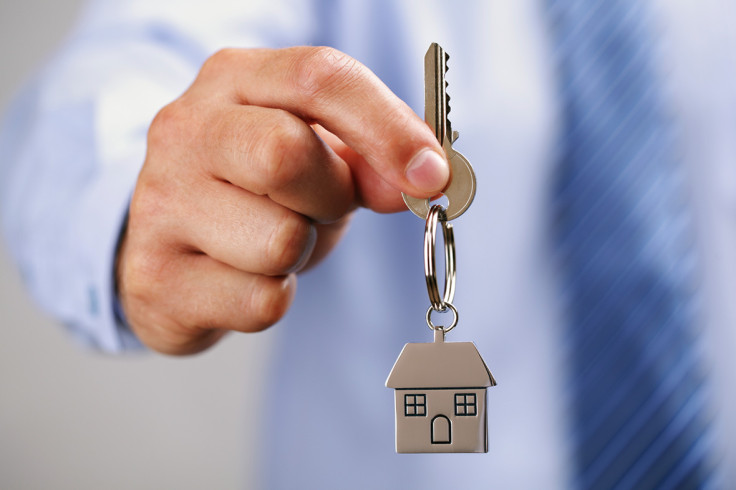'Rent trap' catches aspiring first-time buyers who paid over £40,000 to landlords in five years

Renters in England forked out to landlords since 2010 the equivalent of almost a fifth of the average price of a first-time buyer's property, according to analysis of official data the housing charity Shelter.
Someone renting a two bedroom property in England paid on average £41,196 between 2010 and 2015, Shelter said, equivalent to a 19% deposit on an average price first-time buyer home at £216,528. In London, the cumulative rent is £89,269, or 23% of the average price paid by first-time buyers, which is £394,905.
Shelter looked at data from Land Registry and the Valuation Office Agency. It said many aspiring homeowners in England are caught in a "rent trap" where weak wages and high rents and house prices leave people unable to save enough money to buy their own home. A housing shortage in many areas of England, particularly London and the south-east of England, has forced up rents and house prices in recent years. Both are rising far quicker than incomes.
According to the ONS, the average price of a house in England rose 7.3% over the year to December 2015 reaching £301,000. In London, the average price jumped 9.4% to £536,000. Private rents grew by 2.7% in England and 3.9% in London in the year to January 2016, said the ONS. Pay growth is running at around 2%.
"When just five years of rent could get you the deposit on a house, it's no wonder England's renters feel like they're getting a raw deal, paying through the nose for something they can never call their own," said Campbell Robb, Shelter's chief executive. "Our drastic shortage of affordable homes is leaving millions of people stuck in their childhood bedrooms in a bid to save money, or in expensive and unstable private renting with little hope of ever saving for a home to put down roots in. It doesn't have to be this way – the government can turn things around by investing in homes that people on ordinary wages can actually afford to buy, or rent for the long-term."
House building is on the rise in England. But it is still running at around half the level needed to meet demand, according to several estimates. There were 142,890 housing completions in England during the year to December 2015, a 21% annual increase. Housing starts lifted 6% to 143,560. There are several constraints on the construction sector, including the high price of land, strict planning rules, and a serious labour shortage which is holding up work.
The government wants to increase home ownership as a priority. The decade-long decline in home ownership has stalled. There are 22.5 million households in England and 64% were owner-occupiers in 2014/15, according to the English Housing Survey, the same as 2013/14. Home ownership peaked at a rate of 71% in 2003. To mitigate high house prices, the government has a number of schemes to help first-time buyers onto the property ladder. Among them are Help to Buy, shared ownership and starter homes. The government has tried to increase demand among first-time buyers to stimulate house building, but critics say it is not doing enough and should build more affordable property, in particular council housing.
First-time buyers are saddling themselves with significantly more debt to buy a home because house prices have risen so sharply. The First Time Buyer Barometer, compiled by the Your Move and Reeds Rains estate agents, said their average mortgage size was £137,552 in January 2016, an annual rise of 14.4%. Landlords, meanwhile, are raking in their best returns in more than a year. The average annual return for landlords in January 2016 was 12% of their buy-to-let investment, or £21,988, said the monthly buy-to-let index also by Your Move and Reeds Rains. That includes both income from rents and the capital gain made on the property price. It is the best total annual returns since November 2014 for landlords.
© Copyright IBTimes 2025. All rights reserved.






















